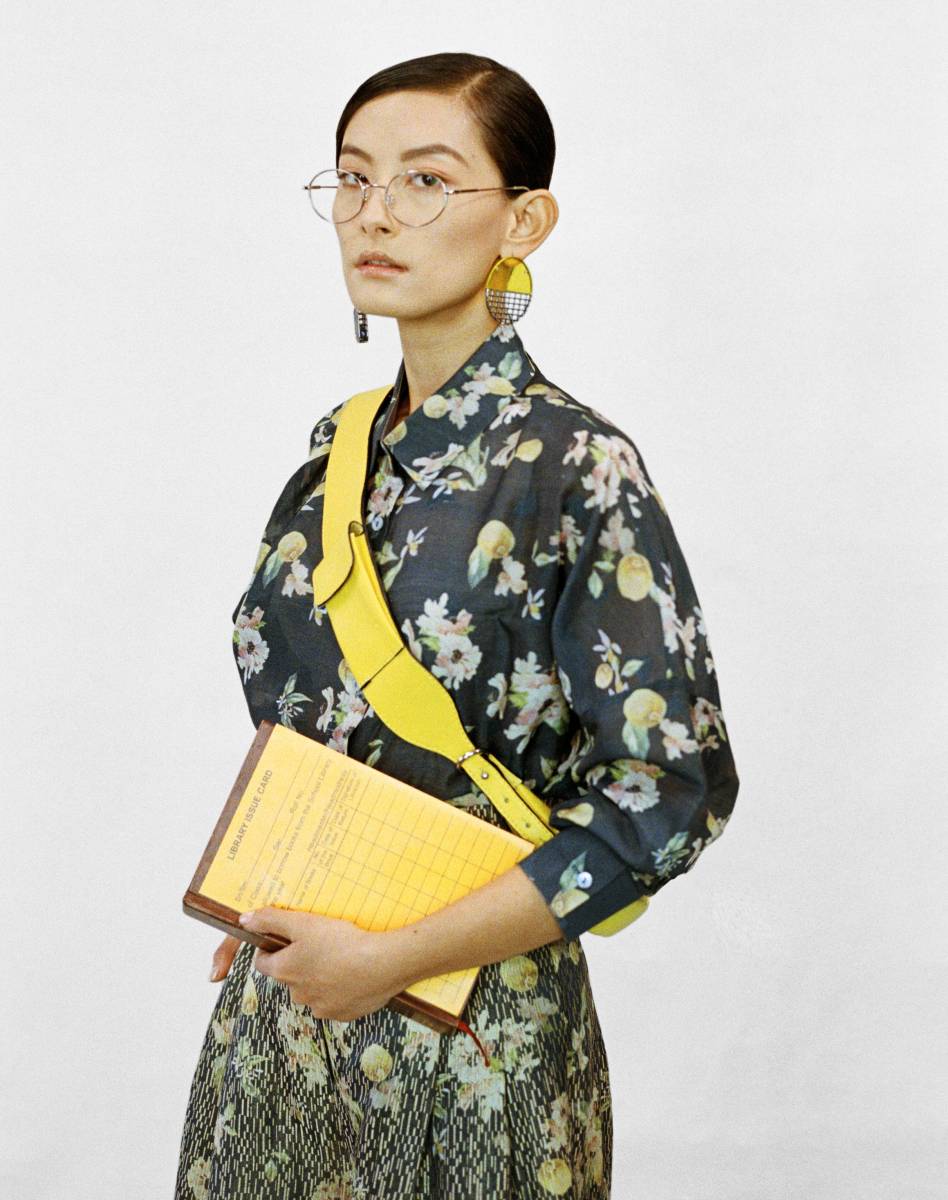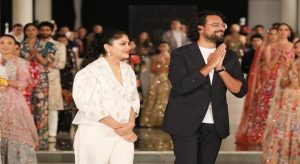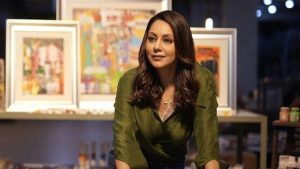Sustainable fashion is really about making in a mindful way and ensuring companies’ production practices are ecologically bearable and socially equitable…says Saachi Bahl
#ConsciousEffort Design Show & Conclave annual design show, now in its fifth year, and has served as an active launch pad for conversations about the intersections of sustainability and environmental consciousness with fashion, retail, and lifestyle. Over the last few years, there has been a surge of interest in sustainable fashion as an industry with the potential to improve both the environment and social impact. Sustainable practises are being aggressively incorporated into the brand objectives of designers and fashion houses.
Founded by Saachi Bahl, Founder of Saahra, the show aims to educate, engage, and empower people about sustainable fashion. Saahra is India’s leading sustainability platform that connects e-commerce, advocacy, and sustainability. This year’s #ConsciousEffort Design Show & Conclave promises to be another exciting event.
In keeping with the world’s shift toward more ethical trade practises, the Conclave serves as a springboard for showcasing conscious luxury brands in fashion, beauty, and lifestyle. The multifaceted event also brings together well-known faces from the worlds of design and social activism for panel discussions and dialogues that complement fashion, beauty, and lifestyle houses’ showcases. The event has previously hosted celebrities such as Rahul Misra, Anju Modi, and Amit Aggarwal, among others. Saachi Bahl talks about the show:
How do you define sustainable fashion?
Bahl: Sustainable fashion is really about making in a mindful way and ensuring companies’ production practices are ecologically bearable and socially equitable. Circularity is a brand ethos. It’s about being conscious right from raw-material sourcing to rethinking excess/ waste and worker welfare in the value chains, and eventually designing keeping in mind the after-life of the product! Sustainable fashion isn’t a definition to abide by – rather, it’s a culture you adopt of both respect and responsibility. Respect for people, planet and profit and the responsibility of our race to create a greener and better world.
Q: How can one become a participant in sustainable fashion both on the manufacturing side and from the purchasing point of view?
Bahl: On the manufacturing side, I think companies need to rethink the way they are making. They need to evaluate how they are producing and what they can do to make their practices more sustainable. Even small steps such as using natural, biodegradable materials, recycled packaging, minimising the use of plastics and choosing responsible and certified supply chains can make a big difference. On the other hand, shoppers must recognise that the real power lies in their choice. I would tell consumers to buy less and buy better and there is no mantra better than the 3 golden R’s – “Reduce, Repeat, Recycle”! Consumers interested in investing in sustainable fashion or learning more about the subject can also visit #ConsciousEffort – an event I host, on the 9th of April, 2022 at The Imperial, New Delhi from 10am-6pm. We have a curation of about 20 conscious labels you can shop from and attend panel discussions featuring eminent designers like Anita Dongre to learn more.
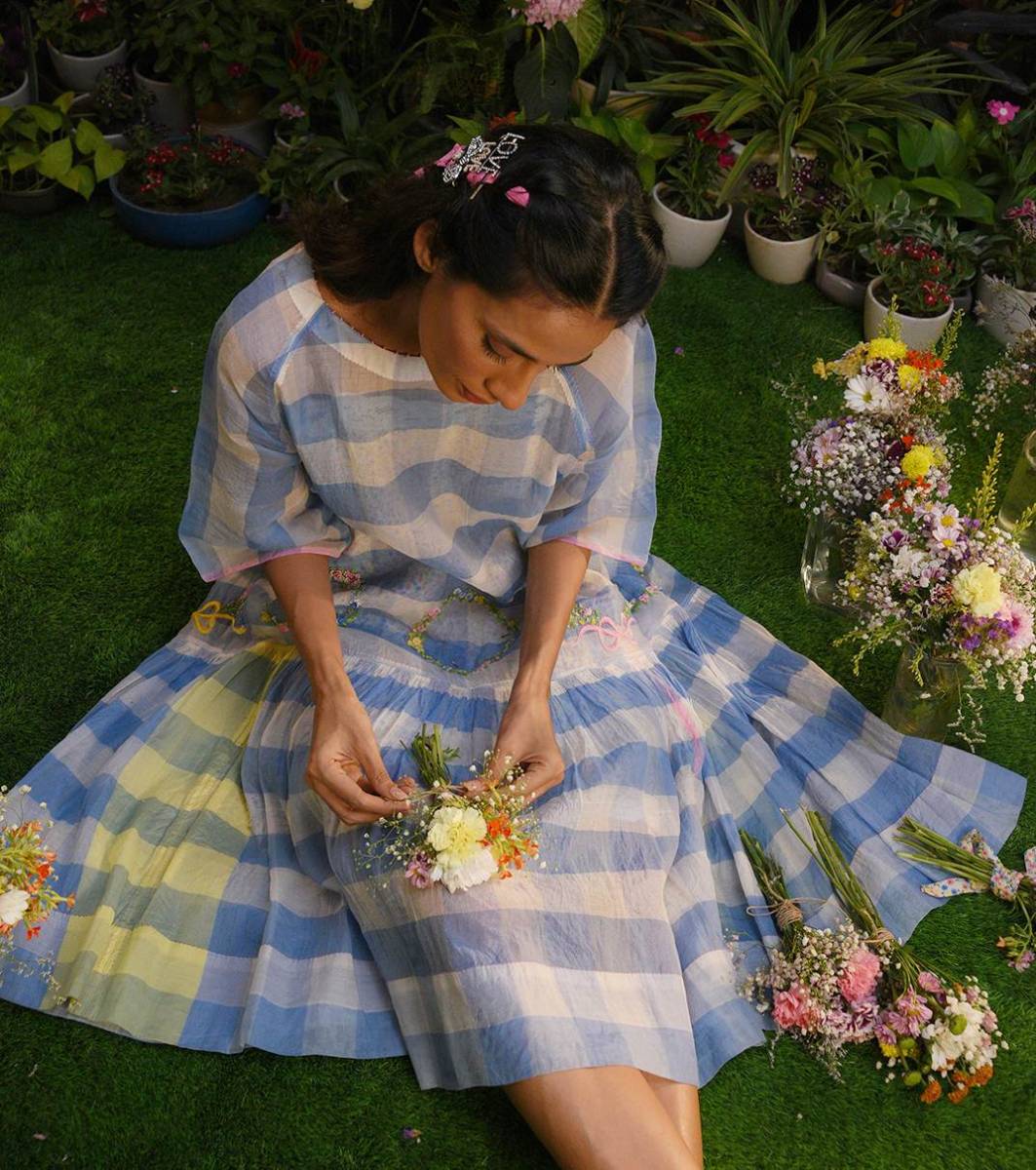
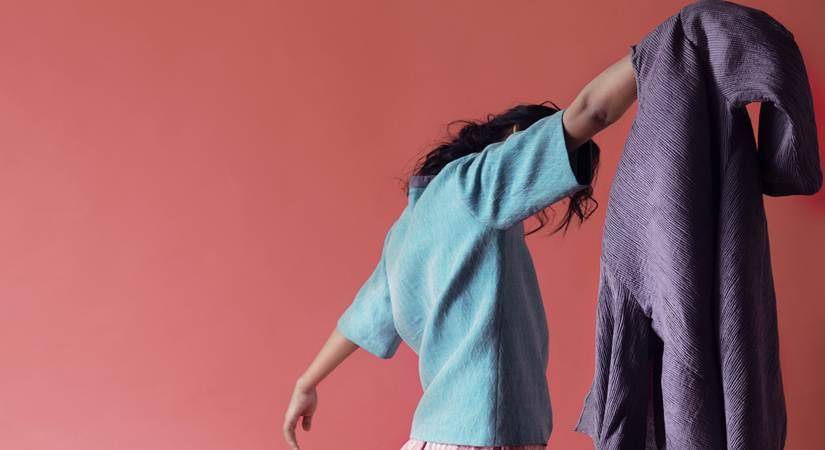
`1Q: Having rebounded quickly after the pandemic fast fashion is here to stay, how can brands be more conscious of their role in perpetuating eco conscious choices?
Bahl: I don’t think sustainability is a fast fashion versus slow fashion phenomenon. For any real change, the industry as a whole including, fast fashion chains, slow fashion boutiques and couturiers – all need to collectively address the challenges with respect to climate and social justice. Each company and each industry will face its own challenge. For example, a denim manufacturer’s challenges with respect to sustainability are very different from a sportswear brand! Companies need to evaluate their true impact and responsibilities. I believe we all need to do the best we can and when we know better, do better!
ALSO READ-India to ramp up wind and solar energies amid coal crisis
